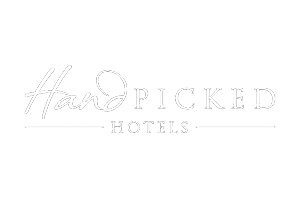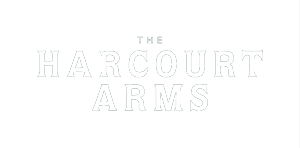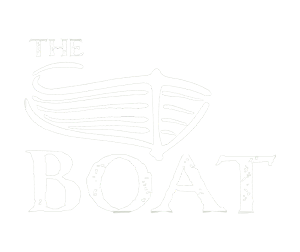
A full hotel doesn't always equal more profit: Good revenue management is key
A full hotel equals maximum profit, equals a happy hotelier, right?
Well, actually, no, a lot of the time it doesn’t. As revenue management consultants, we come across so many hoteliers who are constantly striving for 100% occupancy. But, as any experienced revenue manager will tell you, a head in every bed doesn’t necessarily equate to more pounds in your pocket.
The problem comes when, in order to fill every room, hotels drop their rates so far that they lose sight of the impact their average daily rate (ADR) has on overall profit. So, in broad terms, a hotel with, say, 20 rooms could achieve 100% occupancy if they sell those rooms at an average of £60 a night. This generates revenue of £1,200. If the same hotel’s revenue manager decides to increase the room rate to £75 a night, they might only be able to achieve occupancy of 80% (or 16 of their 20 rooms), but they would again generate revenue of £1,200.
At face value, the revenue generated is the same. But factor in the operational cost of each individual room – including housekeeping, toiletries and utilities expenses etc – to calculate your gross operating profit per available room (GOPPAR) and you quickly see what an impact that revenue will have on your overall profit.
For our simplified example, let’s say each room costs a modest £10 to service. So, for 100% occupancy, operational costs are £200. Take that off your revenue and you’re left with £1,000 profit. For 80% occupancy, operational costs will be £160, which leaves you with a higher profit of £1,040.
Using revenue management techniques to balance occupancy and average daily rate (ADR)
For revenue managers who do strive for maximum occupancy, there are a number of techniques to offset lower ADRs. Upselling additional services, such as food & beverages, spa packages, room upgrades and room services, offers plenty of opportunities to generate additional revenue.
But when it comes to profitability, for today’s revenue managers, occupancy forecasting used in isolation is a limited measure.
Dynamic pricing, channel management and demand forecasting all need to be used in combination with occupancy forecasts to determine the optimal pricing strategy for maximum profit.
As professional and experienced revenue management consultants, Octopus Revenue has helped hotels of all shapes and sizes to maximise their bottom line. We offer a range of revenue management services, including training courses, outsourced revenue management, and a revenue management audit service.
Find out more about Octopus Revenue’s range of services here, or get in touch to talk through your hotel’s individual requirements and find out what our tailored approach to revenue management could do for your business.
